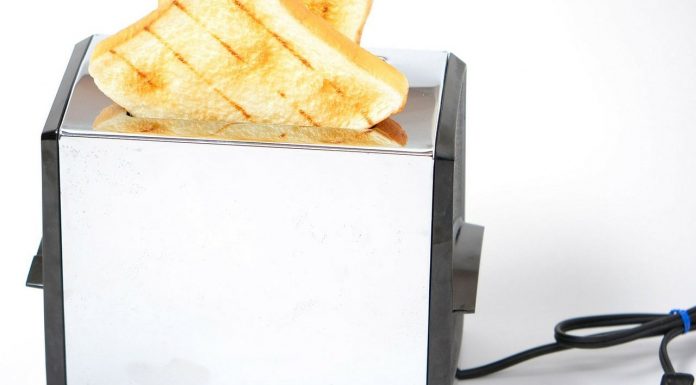(NPR) Cars begin lining up outside the Goodwill donation center in Seabrook, N.H., around 10 a.m. most mornings.
Well-intended patrons are here with truckloads full of treasures.
“We hope everyone brings great things that help our programs, but we know some people make some questionable judgments about what is good to donate,” explains Heather Steeves, spokesperson for the 30 Goodwill locations in New Hampshire, Maine and Vermont.
She holds up “a lampshade, which is stained and disgusting and literally falling apart.”
There’s a small table missing a leg, cracked purple food-storage containers and a used sponge. They’re just a representative sample of the useless stuff dropped off the day before.
Along with simply being gross, these items cost Goodwill money.
“All this trash adds up to more than $1 million a year in a trash bill, and it’s been growing every year for the past five years,” says Steeves. And that’s just for the 30 stores she oversees.
Goodwill does recycle lots of what it can’t sell. The nonprofit reuses textiles and refurbishes some broken electronics. But last year, it threw away more than 13 million pounds of waste — technically other people’s garbage — across its locations in Vermont, New Hampshire and Maine…
She adds that the key question to ask before dropping something off is: If you needed it, would you buy it in this condition?
“We have seen comments on our Facebook page recently that are like, ‘If you wouldn’t give it to your judgmental mother-in-law, don’t donate it.’ “



